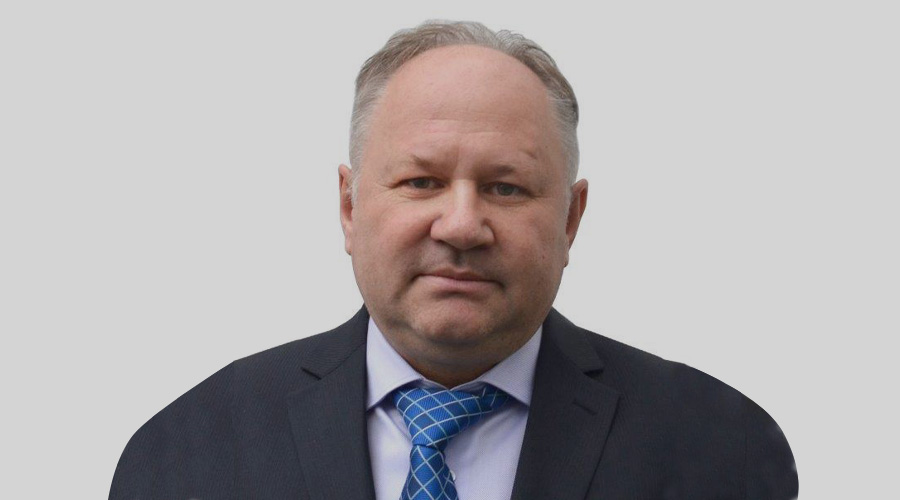
With a history going back over 100 years, CONPET proudly carries on with the business of transporting crude oil by rail and pipeline. These days the state-owned energy company, which is listed on the Bucharest Stock Exchange, operates a 3,800 km network covering most of the national territory, and it has plans for regional expansion. CEO Timur-Vasile CHIȘ explains why CONPET is a safe bet for investors and how he sees the future of the Romanian oil industry
What are the most important steps you have undertaken as CEO of CONPET?
First, the optimization of the human resources, then regaining the trust of our business partners, and also bringing more partners into the business as stakeholders. The main objective is to offer the highest standard of services and security to the system.
What is your development strategy going forward?
We have already concluded collaboration contracts with other companies for the transportation of condensate from their gas wells, and we are working on a project to transport crude oil from Timisoara to a refinery in Serbia. We are also searching for solutions for companies extracting crude oil and condensates. The idea is to seek out new business areas and new income-generating activities.
In the first quarter you posted an increase in turnover and income. What influenced these results, and what is the forecast for the rest of the year?
As a public company, all reports are made through the Bucharest Stock Exchange. With regard to income and expenditure, we have forecast a profit and a decrease in production expenses. Our major objective is to have satisfied employees and shareholders, but we are playing in a regulated market, we are working with established tariffs, so we are very cautious in all that we do. In any case we are not forecasting an exponential growth of profits, as our major target is providing security to our transportation system. We are bound by the National Agency for Mineral Resources to maintain the safety of the system, which requires a major investment.
You are changing the company’s strategy to become more of a regional player, and looking to diversify into other areas. What are your plans?
We are eager to become a supplier of services. CONPET should be a services supplier for the national transportation system, providing maintenance and training for our international partners. We will roll this out according to market demand. We are eager to work in the storage of strategic oil stock, and we also want to supply services related to atypical products and their storage.
Is your modest business growth due to external factors, including the fact that Romania is not producing so much oil anymore?
The decrease in crude oil here has led to an increase in imports. We have infrastructure for both domestic and imported crude, as well as rich gas and ethane.
Your shareholders recently voted on increasing the company’s share capital almost four times, from RON 28.6 million (EUR 6 million) to RON 130.3 million (EUR 27 million). How do you plan to use this capital?
Currently, the legislation of the Bucharest Stock Exchange requires that the land owned by CONPET should be included in the share capital: part of the capital increase is contribution in kind (lands) of the Romanian State. A strategy will now be developed following the vote.
Still, investing in CONPET seems like a sure bet. One shareholder, the Finnish fund KJK, bought shares for less than four years and tripled its money.
This is a reliable company, and shareholders who invest in CONPET do not lose their money. Last year we were offering a yield of 10% per share. Our major problem is this land that needs to be incorporated, and a share capital increase would be fantastic as it is now too low. Right now we have a demand for shares, but nobody wants to sell.
The trademark of your company is its solidity. What other advantages are there that would attract investors?
First, the experience of over 100 years in this business speaks volumes about us. Second, Romania has crude oil without sulfur, and this is a type of crude oil that all buyers want. Third, we are present wherever the crude is being extracted through an extensive network of 3,800 km of interconnected pipelines. Our fourth and major advantage is the fact that we adapt very easily to change. We are very flexible in the way we organize the business and distribute human resources.
What is your vision for this company going forward?
Emmanuel Macron recently said that by 2040, France will no longer have diesel cars. But he forgot that electric batteries require petrochemicals. The idea is that we are very adaptable and flexible regarding present and future market demands.